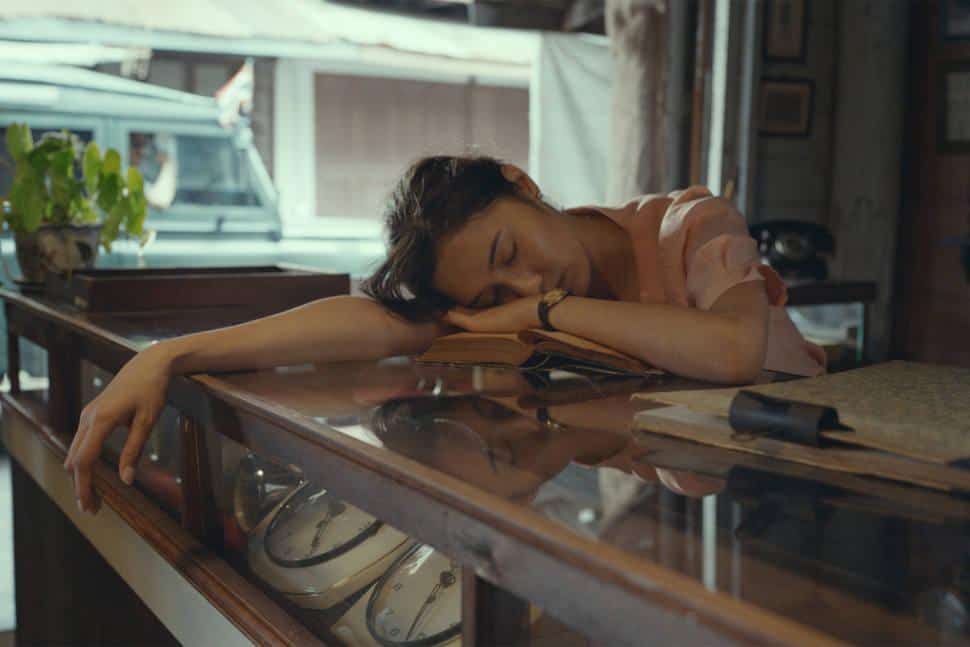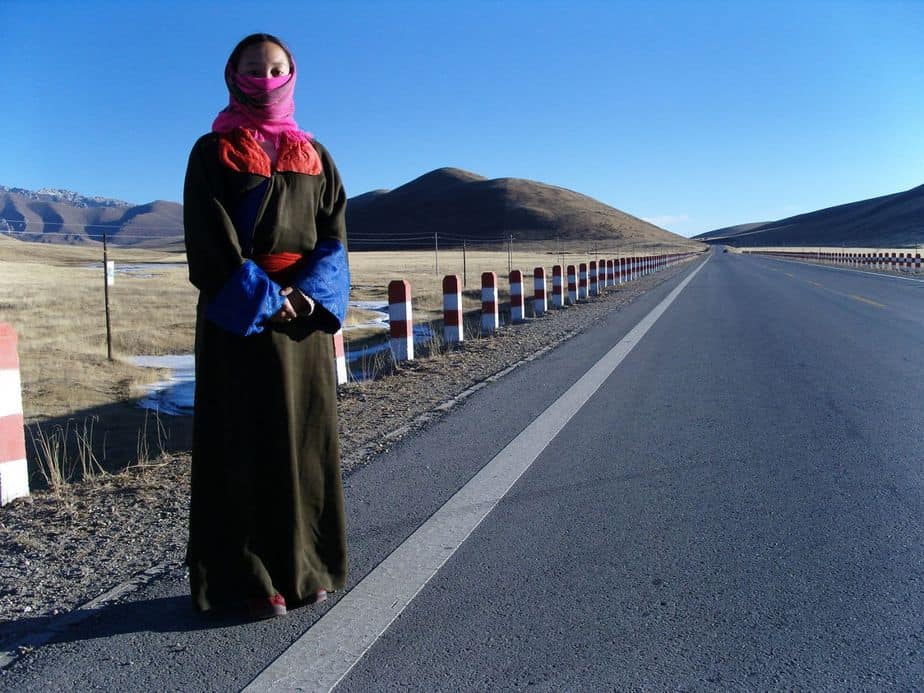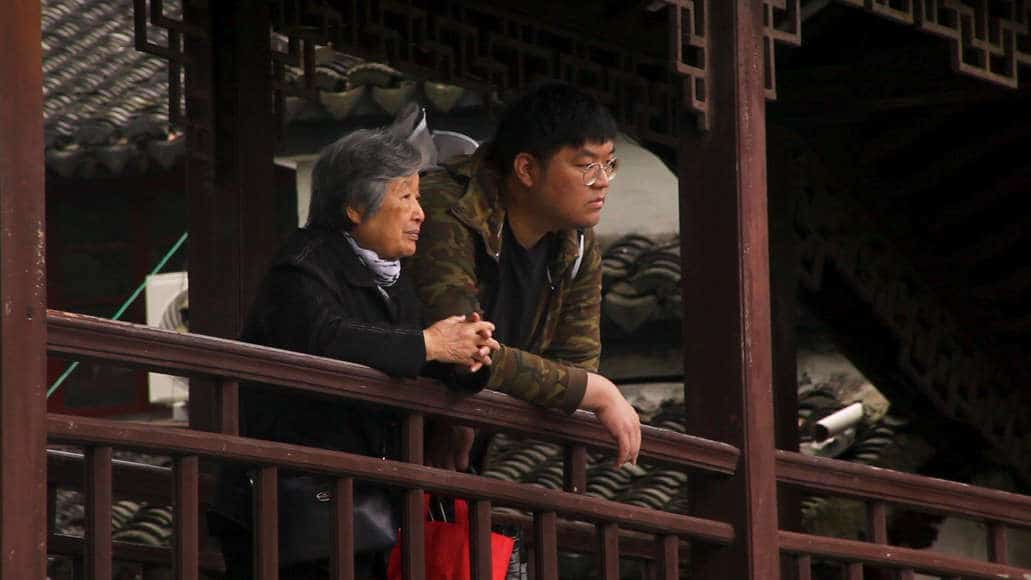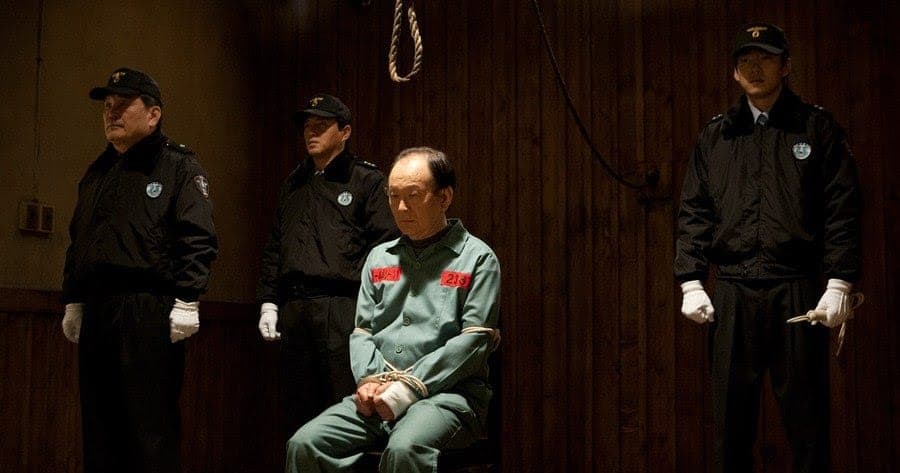After his debut feature “Return to Burma” director Midi Z followed with an even more ambitious second effort, in which he aimed to portray the living conditions of Burma's ethnic Chinese population as well as other themes he already showed in his first film. Its screening at many international festivals such as Rotterdam and Hong Kong manifested his status as one of the most promising talents within the Taiwanese film industry. Indeed, Midi Z's second movie has a lot to offer, founded on a similar aesthetic approach as “Return to Burma”, but this time connecting two narratives which, when combined, give the viewer a thorough picture of the themes the director explores. At the same time, “Poor Folk” also suffers from a few of the flaws of its predecessor, too.
“Poor Folk” is screening at CineCina iFest

At the center of the first narrative strand, we follow A-fu (Zhao De-fu) and A-hong (Wang Shin-hong), two Burmese refugees trying to make a living ripping off Chinese tourists and through the occasional drug trade with one of the local crime lords. While the two of them attempt to strike a lucrative deal providing a local dealer with the ingredients to make amphetamines, A-hong follows another agenda, since he needs to make money quick to buy back his sister, who has fallen prey to a group of human traffickers. As time is running out, his actions to gain the needed sum.become increasingly desperate
Within the second narrative, we follow Sun-mei (Wu Ke-xi), who works at a brothel in Dagudi, a village close to the border and populated by many Burmese immigrants. In order to maintain her survival in this environment, she and her employer have engaged in human trafficking of refugees, among them A-hong's sister.
As mentioned in the introduction, there is a lot of familiar ground to be discovered in Midi Z's second feature, if you have seen “Return to Burma”. While the second narrative in the previous feature, if yow want to use that term, was the messages of the Burmese government to move forward and unite, Midi Z's script aims to explore more of the reality surrounding his characters, employing the story of Wu Ke-xi's character to show a different aspect of the same theme. Much like Wang Shin-hong's character in the previous feature, Midi Z's again presents two individuals and their means to get by in a reality defined by poverty and crime. To them reality is a fight to survive, for money and for their family.
Additionally, Midi Z, who is also responsible for the cinematography, uses a similar aesthetic approach to tell his story. The frequent long takes along with the use of hand-held camera, give his images a very documentary-like sense, while he also employs carefully planted ways to stylize the scenes, especially through the lighting. At the same time, the overall feeling of detachment and the lack of background provided also causes quite a lot of confusion, making especially the first half of the story challenging and trying.
Regarding the ensemble of his second feature, Zhao De-fu and Wang Shin-hong perhaps stand out, especially since their story seems to be the most engaging of the two. The chemistry between the two actors is believable, making their scenes together often come close to gallows humor when they talk about ripping off tourists. Wu Ke-xi is also quite good, as the story surrounding her character is perhaps the most sobering as well as shocking of the two of them, suggesting how someone slips into a shady business in order to stay alive.
In the end, “Poor Folk” by Midi Z is an interesting, solid second effort by the director, although with some minor flaws in terms of story progression and flow. Nevertheless, Midi Z's brand of realism, narratively and aesthetically, is certainly a way to explore social issues as well as characters in their struggle to survive under tough circumstances.















